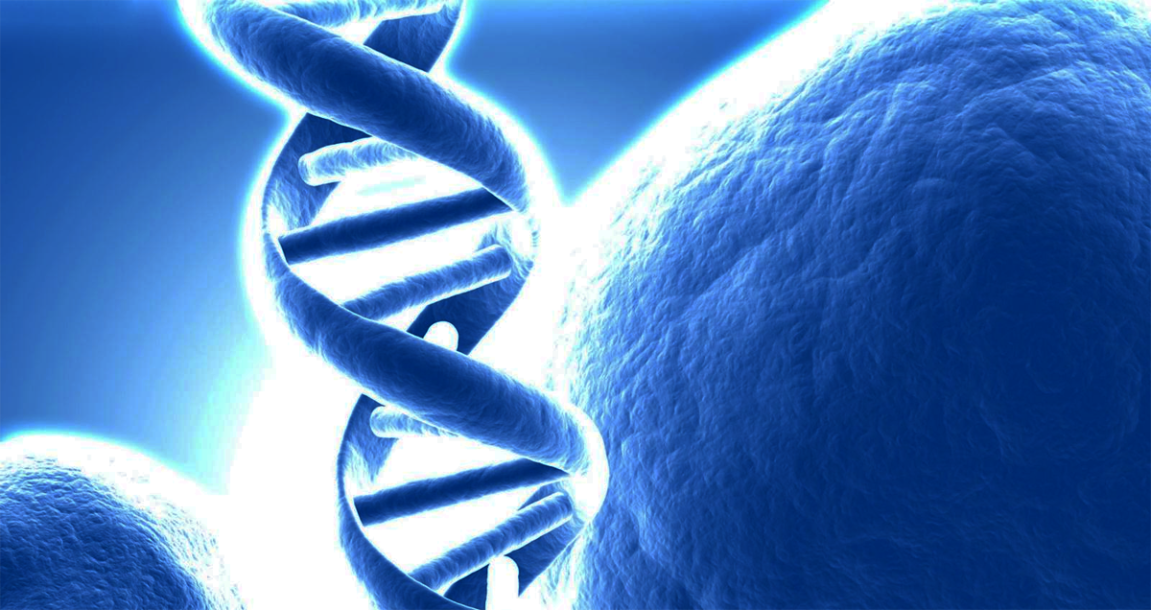
The Science of Emotion
An international team has analyzed genomic data from a huge group of people (more than 298,000) in order to find genetic variants associated with our feelings of well-being, depression, and neuroticism. And it seems that they may have located them. Further, the team also discovered that the gene variants are mainly expressed in the central nervous system and adrenal or pancreas tissues.
The team brought together data from many other studies and used advanced statistical tools to analyze it. When discussing the findings, Alexis Frazier-Wood, researcher and professor of pediatrics and nutrition at Baylor College of Medicine, says:
“We report that we found three genetic variants associated with subjective well-being – how happy a person thinks or feels about his or her life. We also found two genes harboring variants associated with depressive symptoms and 11 genes where variation was associated with neuroticism.”
Previous studies have suggested that individual differences in happiness and well-being might be linked to genetic differences between people, and there is increasing interest in the topic, as growing evidence suggests well-being is a factor in both mental and physical health.
Genetic Predisposition
That said, it is important to note that the brain is the most complex machine that humanity has ever encountered. So one’s happiness is not entirely dependent on their genetics, though it certainly contributes.
Indeed, researchers warn that determining how people think and feel about their lives doesn’t just come down to genes. The environment, and how it interacts with genes, is just as important. However, studying the genes could help researchers start to understand why some people might be biologically predisposed to develop disorders like depression.
These findings also have the potential to help clarify what causes differences in happiness. These variants, researchers believe, are just the beginning of what is waiting to be discovered. Professor Meike Bartels, VU University, Amsterdam, concludes: “The genetic overlap with depressive symptoms that we have found is also a breakthrough. This shows that research into happiness can also offer new insights into the causes of one of the greatest medical challenges of our time: depression.”